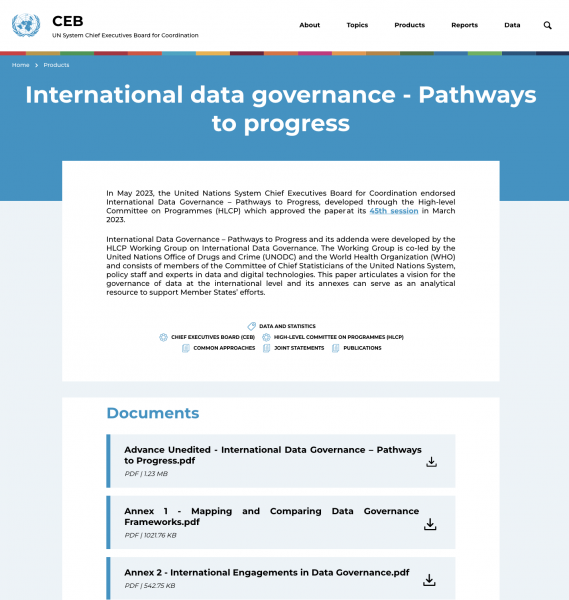Article by Thierry Breton: “As mentioned in President von der Leyen’s State of the Union letter of intent, Europe should lead global efforts on artificial intelligence, guiding innovation, setting guardrails and developing global governance.
First, on innovation: we will launch the EU AI Start-Up Initiative, leveraging one of Europe’s biggest assets: its public high-performance computing infrastructure. We will identify the most promising European start-ups in AI and give them access to our supercomputing capacity.
I have said it before: AI is a combination of data, computing and algorithms. To train and finetune the most advanced foundation models, developers need large amounts of computing power.
Europe is a world leader in supercomputing through its European High-Performance Computing Joint Undertaking (EuroHPC). Soon, Europe will have its first exascale supercomputers, JUPITER in Germany and JULES VERNE in France (able to perform a quintillion -that means a billion billion- calculations per second), in addition to various existing supercomputers (such as LEONARDO in Italy and LUMI in Finland).
Access to Europe’s supercomputing infrastructure will help start-ups bring down the training time for their newest AI models from months or years to days or weeks. And it will help them lead the development and scale-up of AI responsibly and in line with European values.
This goes together with our broader efforts to support AI innovation across the value chain – from AI start-ups to all those businesses using AI technologies in their industrial ecosystems. This includes our Testing and Experimentation Facilities for AI (launched in January 2023), our Digital Innovation Hubs, the development of regulatory sandboxes under the AI Act, our support for the European Partnership on AI, Data and Robotics and the cutting-edge research supported by HorizonEurope.
Second, guardrails for AI: Europe has pioneered clear rules for AI systems through the EU AI Act, the world’s first comprehensive regulatory framework for AI. My teams are working closely with the Parliament and Council to support the swift adoption of the EU AI Act. This will give citizens and businesses confidence in AI developed in Europe, knowing that it is safe and respects fundamental rights and European values. And it serves as an inspiration for global rules and principles for trustworthy AI.
As reiterated by President von der Leyen, we are developing an AI Pact that will convene AI companies, help them prepare for the implementation of the EU AI Act and encourage them to commit voluntarily to applying the principles of the Act before its date of applicability.
Third, governance: with the AI Act and the Coordinated Plan on AI, we are working towards a governance framework for AI, which can be a centre of expertise, in particular on large foundation models, and promote cooperation, not only between Member States, but also internationally…(More)”

